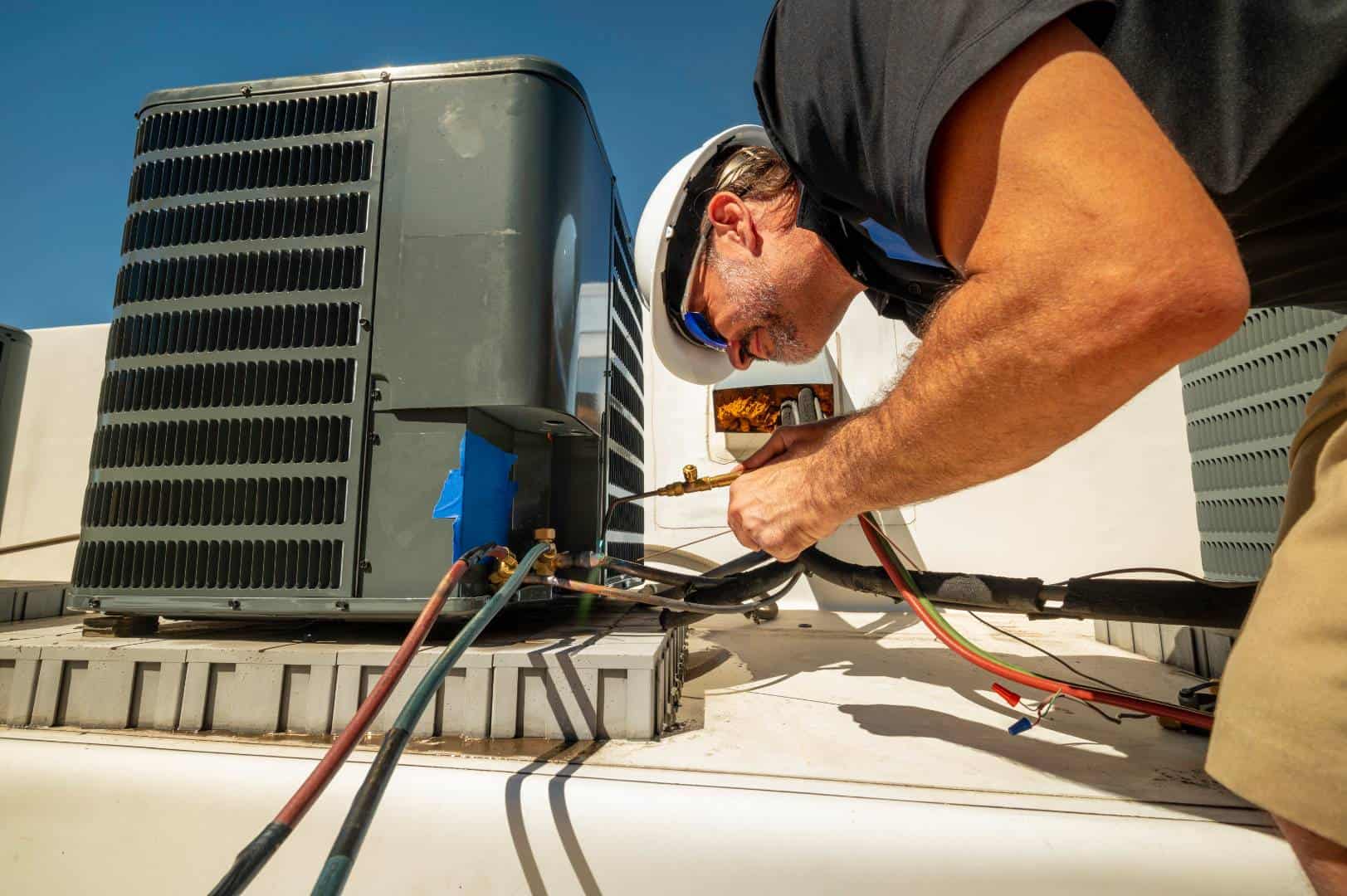How to Operate, Maintain, and Maximize Your HVAC System
Understanding How to Operate Your HVAC System
Getting to Know Your Thermostat
The thermostat is the brain of your HVAC system. Understanding how to use it efficiently is the first step toward maximizing performance. Modern programmable or smart thermostats allow you to schedule temperature changes throughout the day. For example, setting your home to a more moderate temperature while you’re away and returning it to your comfort level before you arrive can reduce energy waste without sacrificing comfort. Even small adjustments of a degree or two can make a noticeable difference in energy use over time.
Using Modes and Settings Properly
Your HVAC system likely includes various modes—cooling, heating, fan-only, and sometimes an energy-saver mode. Each of these has a purpose, and using them correctly can prevent unnecessary strain on your system. Cooling mode should be used only when outdoor temperatures warrant it, while fan mode is ideal for air circulation without temperature change. Avoid setting the system to extreme temperatures to “speed up” the process—it won’t cool or heat faster, but it will stress the system more.

Routine Maintenance Keeps Your HVAC Efficient
The Importance of Filter Replacement
One of the simplest yet most important maintenance tasks is changing or cleaning your air filters regularly. Dirty filters restrict airflow, forcing your system to work harder and increasing energy costs. Most filters should be replaced every 30 to 90 days, depending on the type of filter and whether you have pets, allergies, or high system usage. Clean filters also improve air quality, which is especially important for those with respiratory sensitivities.
Cleaning Coils and Outdoor Units
Dust, debris, and leaves can accumulate around your outdoor condenser unit, obstructing airflow. Similarly, indoor evaporator coils collect dust over time, which can insulate them and reduce cooling efficiency. Gently clearing away visible debris and scheduling professional coil cleaning once a year can go a long way toward improving performance. Be sure the outdoor unit is free of vegetation or structures that may block airflow, as this can contribute to overheating and eventual breakdowns.

Maximizing the Lifespan and Efficiency of Your HVAC System
Sealing Leaks and Insulating Ductwork
Air loss through leaky ducts is a common cause of inefficiency. Even a small gap in your duct system can result in cooled or heated air escaping into unused spaces, like attics or crawl spaces. Properly sealing these ducts and ensuring they are well-insulated helps your HVAC system work less while achieving the same comfort level. Consider having a professional conduct a duct inspection if your energy bills are unusually high or certain rooms feel inconsistent in temperature.
Scheduling Seasonal Checkups
Professional HVAC inspections and tune-ups, ideally done in the spring and fall, ensure your system is ready for the months of heavy use ahead. During these checkups, a technician can inspect electrical components, test system controls, clean parts that require special handling, and look for signs of wear or potential failure. Preventative care not only protects your investment but can also help you avoid costly emergency repairs during peak usage seasons.

Conclusion
Proper HVAC operation and maintenance don’t require a professional license—just a little knowledge and consistency. From learning how to use your thermostat more efficiently to performing basic upkeep like filter changes and unit cleaning, these small steps contribute to better air quality, energy savings, and fewer breakdowns. Pairing these habits with periodic professional inspections helps maximize your HVAC system’s performance and extend its lifespan. By understanding your system’s needs and responding accordingly, you create a home environment that’s not just comfortable, but cost-effective and energy-smart all year long. Get in touch with us to learn more about your HVAC systems, A/C repair, mini split services and more!

SERVICE AREAS
Severn
Severna Park
Columbia
Ellicott City
Annapolis
Pasadena
Crofton
Davidsonville
Glen Burnie
Bowie
Odenton
Catonsville
Elkridge
Arnold
Arbutus
Lake Shore
Parole
Ferndale
Brooklyn Park
Riviera Beach
Linthicum
Jessup
Cape St. Claire
Edgewater
Mayo
Stevensville
Shady Side
Springdale
Grasonville
Gambrills
Herold Harbor
Guilford
Crownsville
"*" indicates required fields
 (410) 761-0932
(410) 761-0932 service@ambientcoolingandheating.com
service@ambientcoolingandheating.com
